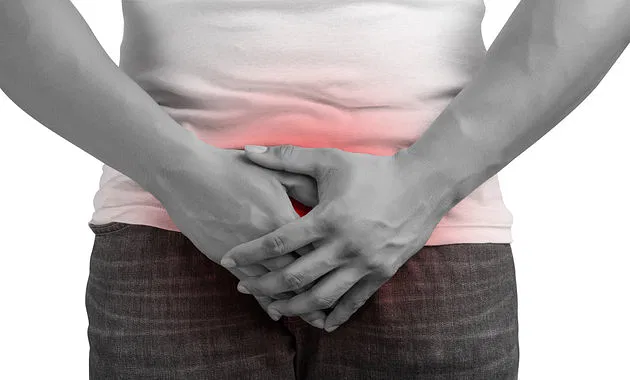Recent discussions surrounding the claim that frequent sexual activity can cure cancer have sparked considerable debate among experts. Here’s a summary of the current understanding based on recent studies and expert opinions.
The public controversy that frequent sex can cure prostate cancer is largely dismissed by medical professionals despite some studies that suggest a correlation between ejaculation frequency and a reduced risk of prostate cancer with findings not suggesting a direct causal relationship or cure.
The consultant medical oncologist at the Uganda Cancer Institute, Dr. Fred Okuku, in a phone interview on November 26, 2024, said that the patients they attend to express their dissatisfaction over stories circulating that frequent sexual intercourse frees members from prostate cancer; however, they tried and still fell victims.
Dr. Okuku cautioned that while these findings are interesting, for them as medical experts, they do not support the idea that sexual activity can treat or cure cancer, saying that the mechanism behind these observations is still under investigation, and further research is needed to establish any “definitive conclusions on frequent ejaculation.”
“There is no scientific evidence associated with or reducing the risk of getting prostate cancer or even masturbation; circumcision—no, there is no scientific evidence that pins these three kinds of procedures to prostate cancer,” Okuku said.
Read Also: UCI Registers Success in Free Mass Cancer Screening Camp
He advised prostate cancer patients to seek medical advice as they undergo cancer treatment, as they should know that sexual health can be significantly affected because many survivors report concerns related to sexual function and intimacy due to the physical and emotional impacts of their judgment and treatment.
According to a study highlighted by Harvard researchers, men who ejaculated more than 20 times per month had a 20% reduced risk of developing prostate cancer compared to those who ejaculated less frequently.
The general consensus among health professionals is that while maintaining a healthy sexual life can contribute positively to mental and emotional health, that should not be viewed as a substitute for straight cancer treatments.
Read Also: King Charles III is Recovering Steadily from Prostate Surgery- Queen Camila
Experts emphasize the importance of evidence-based approaches in managing cancer rather than relying on unverified claims about sexual activity as a cure, which many tune to pleasure as well as treatment at the same time.
The public should therefore get to understand that, while there are potential benefits of sexual activity in relation to prostate health, the belief that frequent sex can cure cancer is unfounded and should be approached with skepticism.















